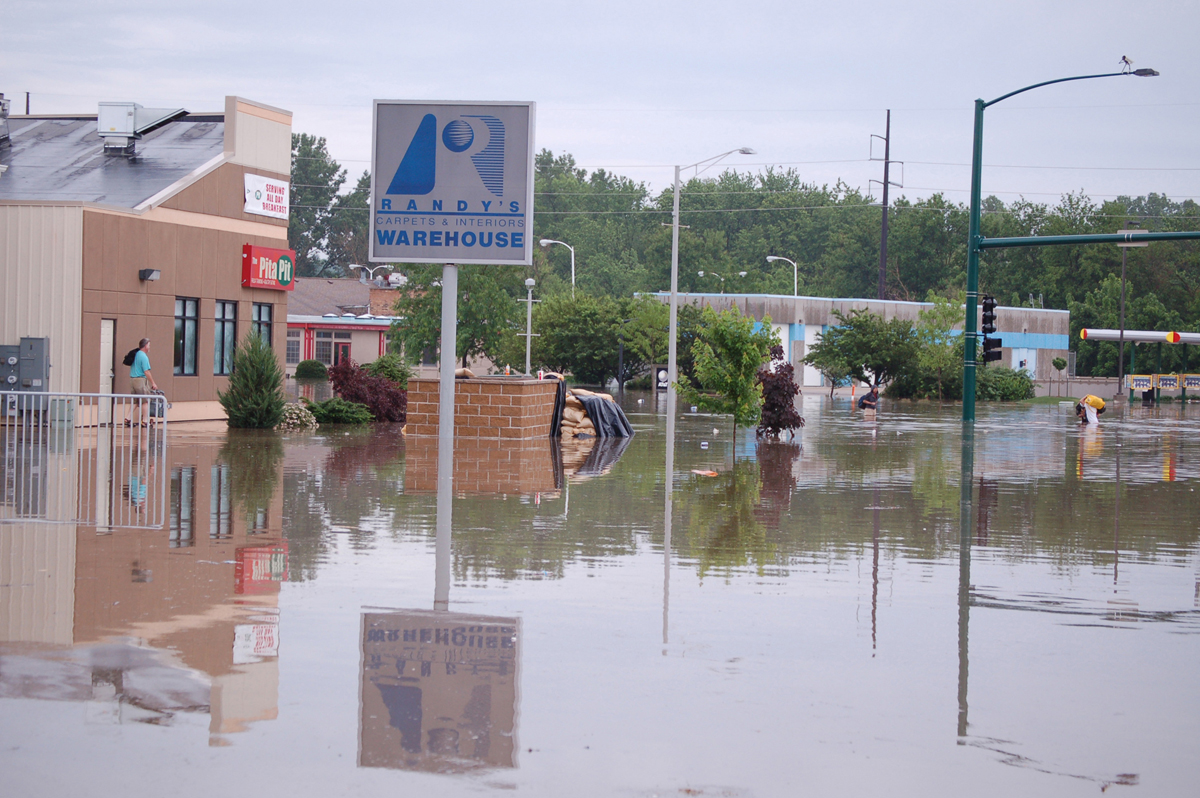Beyond the headlines: Funding disasters in rural communities
2 p.m. ET/ 1 p.m. CT

Rural communities are no strangers to natural hazards and extreme weather events. However, smaller populations and more remote geography mean that these areas do not receive the same attention as disasters in large urban centers. Disasters are often undeclared by FEMA, so rural communities tend to receive fewer donations, less media attention and a smaller presence from outside disaster response organizations.
Rural America is diverse, complex and filled with leaders and individuals with great educations and skills. However, because disaster impacts are real regardless of community size or location, these low-attention disasters often require more ingenuity, persistence and support to generate the resources (people, training, time and materials) for successful recovery.
The Center for Disaster Philanthropy (CDP) hosted a webinar to explore how funders can help support recovery in rural communities across the U.S. Panelists discussed a variety of unique responses such as funding language/cultural-specific staff, efforts to assist survivors with accessing available government assistance and other capacity-building programs; supporting long-term recovery groups or community-led coalitions; and regional approaches to building resilience, response and recovery networks.
CDP Vice President Regine A. Webster moderated the discussion and panelists included:
- Cari Cullen, Director, Midwest Early Recovery Fund, CDP
- Brian Fogle, President and CEO, Community Foundation of the Ozarks
- Don Phoenix, principal of the Sankofa Group, LLC
This webinar was co-sponsored by Giving Compass, The Funders Network, National VOAD, United Philanthropy Forum and Council on Foundations.
Please see the slide deck, read the recap on Giving Compass and watch the webinar recording to learn more: